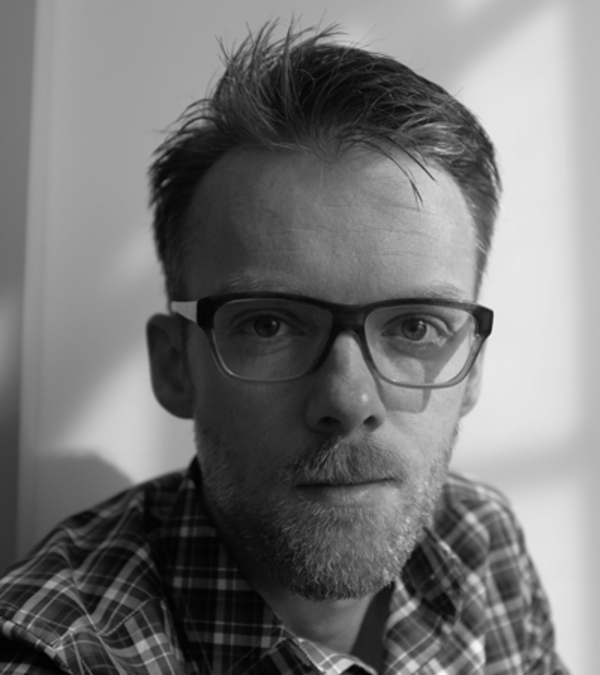

dr Jean-Francois Caron, prof. UO
Profesor uczelni – Katedra Myśli Politycznej i Teorii Polityki
Adjunct Professor – Department of Political Thought and Theory of Politics
E-mail: jean.caron@uni.opole.pl
Od 2007 roku, prowadziłem ponad 20 różnych kursów na różnych poziomach akademickich na Université Laval, Université du Québec à Chicoutimi, Institute of European Studies przy Université libre de Bruxelles, na Université de Moncton a obecnie na Uniwersytecie Nazarbayeva w Kazachstanie.
Jeśli chodzi o moje zainteresowania badawcze, od 5 lat badam różne wyzwania związane ze współczesnymi technologiami i etyką działań wojennych, co pozwoliło mi skupić się na konieczności przeglądu obecnych zasad prowadzenia wojny. W książce opublikowanej w zeszłym roku w Manchester University Press zbadałem kwestie etyczne związane ze stosowaniem technologii zwiększających zdolności w wojsku i ich potencjalnym wpływem na działania wojenne, a także zasadą równości w naszych zachodnich społeczeństwach. Obecnie kończę kolejną książkę, który ukaże się w tym roku w Routledge, na temat wpływu innych współczesnych technologii na etykę działań wojennych, a dokładniej na użycie dronów, cyberwojny, broni autonomicznej i sztucznej inteligencji.
Po drugie, studiowałem wiele zagadnień teoretycznych związanych z wielokulturowością. Mówiąc dokładniej, badałem, w jaki sposób wielokulturowość – czy to grupy etniczne/religijne, czy mniejszości narodowe – podważają różne tożsamości narodowe w świecie zachodnim. W mojej rozprawie doktorskiej broniłem tezy, że grupy te są w stanie rozwinąć takie poczucie patriotyzmu, w którym zachowana jest ich autonomia i w którym są w stanie zakwestionować normy rządzenia państwem, z którym są zintegrowane, aby lepiej przyswoić własną tożsamość etniczno-kulturową. Obecnie we współpracy z kolegą redaguję tom, aby uczcić 25. rocznicę publikacji „Multicultural Citizenship” Willa Kymlicki.
Since I have started to teach in 2007, I have taught more than 20 different courses at various academic levels at the Université Laval, the Université du Québec à Chicoutimi, the Institute of European Studies at the Université libre de Bruxelles, at the Université de Moncton and currently at Nazarbayev University in Kazakhstan.
Regarding my research interests, I have been investigating since the last 5 years various challenges associated with contemporary technologies and the ethics of warfare, which has allowed me to focus on the necessity to review the current principles of warfare. More specifically, I have investigated in a book published last year with Manchester University Press the moral questions associated with the use of capacity-increasing technologies in the military and their potential impact on warfare as well as the principle of equality in our Western societies. I am currently finishing another project that will be published later this year with Routledge on the impacts of others contemporary technologies on the morality of warfare, more precisely the use of drones, cyberwarfare, of autonomous weapons and of artificial intelligence.
Secondly, I have also discussed and studies many theoretical issues associated with multiculturalism. More specifically, I have been investigating how multiculturalism – whether ethnic/religious groups or national minorities – are challenging the various national identities in the Western world. I have defended in my Ph.D dissertation the thesis that these groups are able to develop such a sense of patriotism when their autonomy is preserved and when they are capable of challenging the norms of governance of the state in which they are integrated in order to gain a better recognition of their ethno-cultural identity. In collaboration with a colleague, I am currently editing a volume in order to commemorate the 25th anniversary of the publication of Will Kymlicka’s Multicultural Citizenship.
